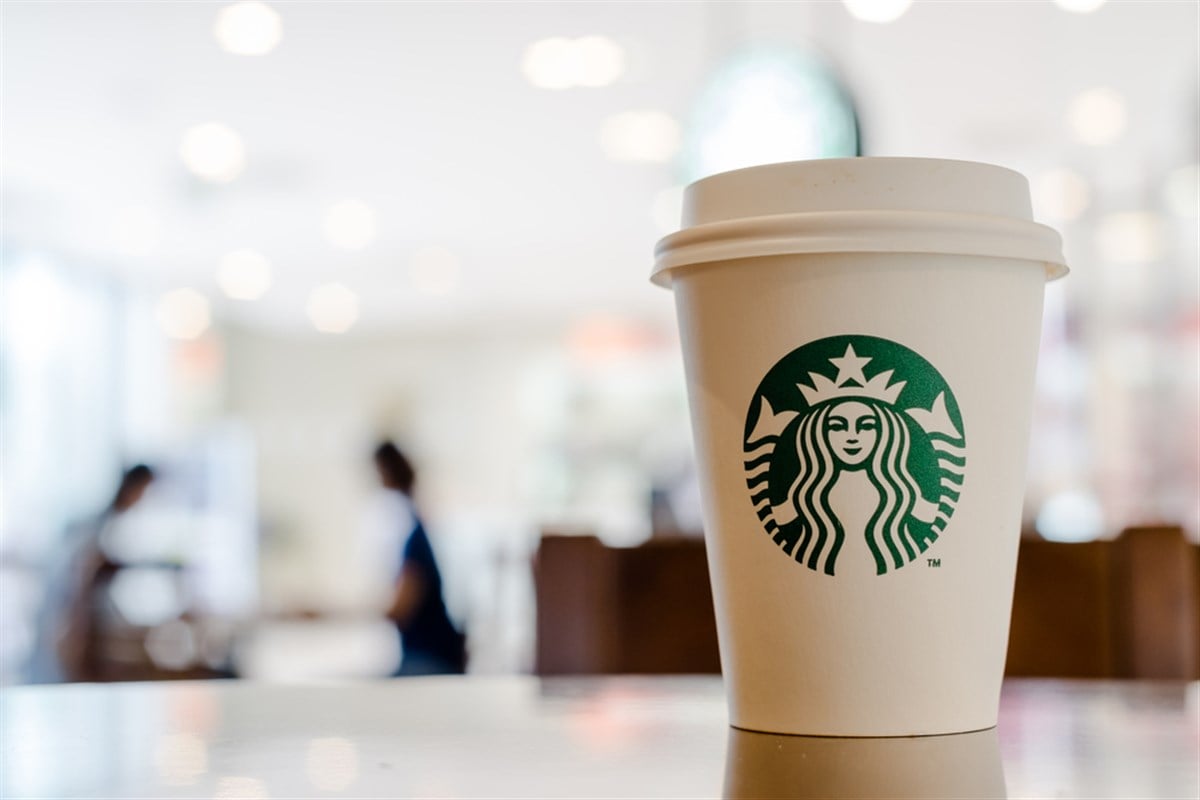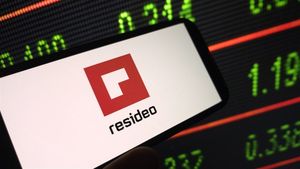
Markets were scared to wake up to the Federal Reserve (the Fed) pulling the rug. After pricing in the proposed interest rate cuts for 2024, which were set to be implemented by March, then May, and now September, according to the CME’s FedWatch tool, markets retraced on the thought of no more cuts coming this year.
Lucky for investors who understand where value and stability come from, leading consumer discretionary stocks are included in this sell-off. Even one of the strongest in the consumer staples space saw its price approach a new 52-week low.
Today, investor portfolios would be best served by adding Nike Inc. (NYSE: NKE), Starbucks Co. (NASDAQ: SBUX), and even Pfizer Inc. (NYSE: PFE) to their watchlists. Each with its own merit, these companies become undeniable bargains to consider in the coming quarters.
Nike’s Moat Obeys No Cycle
[content-module:CompanyOverview|NYSE: NKE]That’s right. What once started as a discretionary item, the Nike brand has become a commodity across the U.S. consumer market. Despite carrying the burden of higher-than-expected inflation, U.S. consumer sentiment has now broken to a 3-year high.
Financial stocks like Bank of America Co. (NYSE: BAC) earnings show deteriorating credit card environments, with declining average FICO scores and rising credit card delinquencies. However, not even these trends can act to stop Nike’s penetration.
Investors can imagine the positioning that Nike finds itself in, but here are some actual figures. As of 2023, Nike took 43.7% of the global sportswear market share, with Adidas (OTCMKTS: ADDYY) coming in second with nearly half of Nike’s take at 23.7%.
Despite trading at 73% of its 52-week high, Nike’s future earnings are regarded above Adidas’ even though the stock trades at 100% of its 52-week high today. A forward P/E ratio of 24x gives Nike a premium of 45.6% over Adidas’s 16.5x valuation.
A consensus price target of $116.3 a share gives the stock a net upside of 22.3% from where it trades today. This $143 behemoth still manages to generate an average return on invested capital (ROIC) rate of over 15%, giving investors a chance to buy this wealth compounder at generationally low prices.
Generational Wealth in Starbucks
[content-module:CompanyOverview|NASDAQ: SBUX]Once just another coffee shop, Starbucks is now one of those inflation-resistant stocks that can’t seem to stop compounding. Raising prices by as much as 4% over the past year, according to the company’s first quarter 2024 earnings release, shows the brand’s ability to keep profits above costs without affecting demand.
Through this pricing power, management can get the company’s retained capital to compound at ROIC rates of up to 23% a year, one of the reasons behind the stock’s stellar five-year performance of 141%.
Now that it trades at only 76% of its 52-week high price, the stock may become a price target soon. On a P/E ratio basis, Starbucks stock still commands a near 15% premium in its 23.5x multiple compared to the retail sector despite the stock price falling to these levels.
Through a current consensus price target of $106.7 for Starbucks, Wall Street analysts are calling for up to 21% upside in the name from where it trades today. More than that, the stock’s institutional quality is still intact, as over the past 12 months, up to $21.8 billion has made its way into Starbucks.
Pfizer’s Every Day Reliability
[content-module:CompanyOverview|NYSE: PFE]Exposed to the explosive characteristics of some pharmaceutical stocks, which tend to rally on drug trial news, Pfizer carries all the excitement of a small capitalization name with most of the stability that comes from a $150 billion behemoth.
Part of the low beta group, this stock lacks volatility, making for a great potentially ‘passive’ buy and hold strategy. The stock is so cheap today; at only 65% of its 52-week high, its dividend yield rose to levels not seen since the financial crisis 2008.
Paying investors a 6.4% yield helps them beat stubbornly high inflation rates in the U.S. and stay above the 10-year treasury bond, which currently pays 4.6%.
Wall Street analysts set price targets at $36.3 a share, and most recently (as of April 2024), those at Cantor Fitzgerald saw it fit to boost valuations up to $45 a share. To prove these analysts right and close the generationally low price, the stock would need to rally by as much as 71% from where it trades today.






